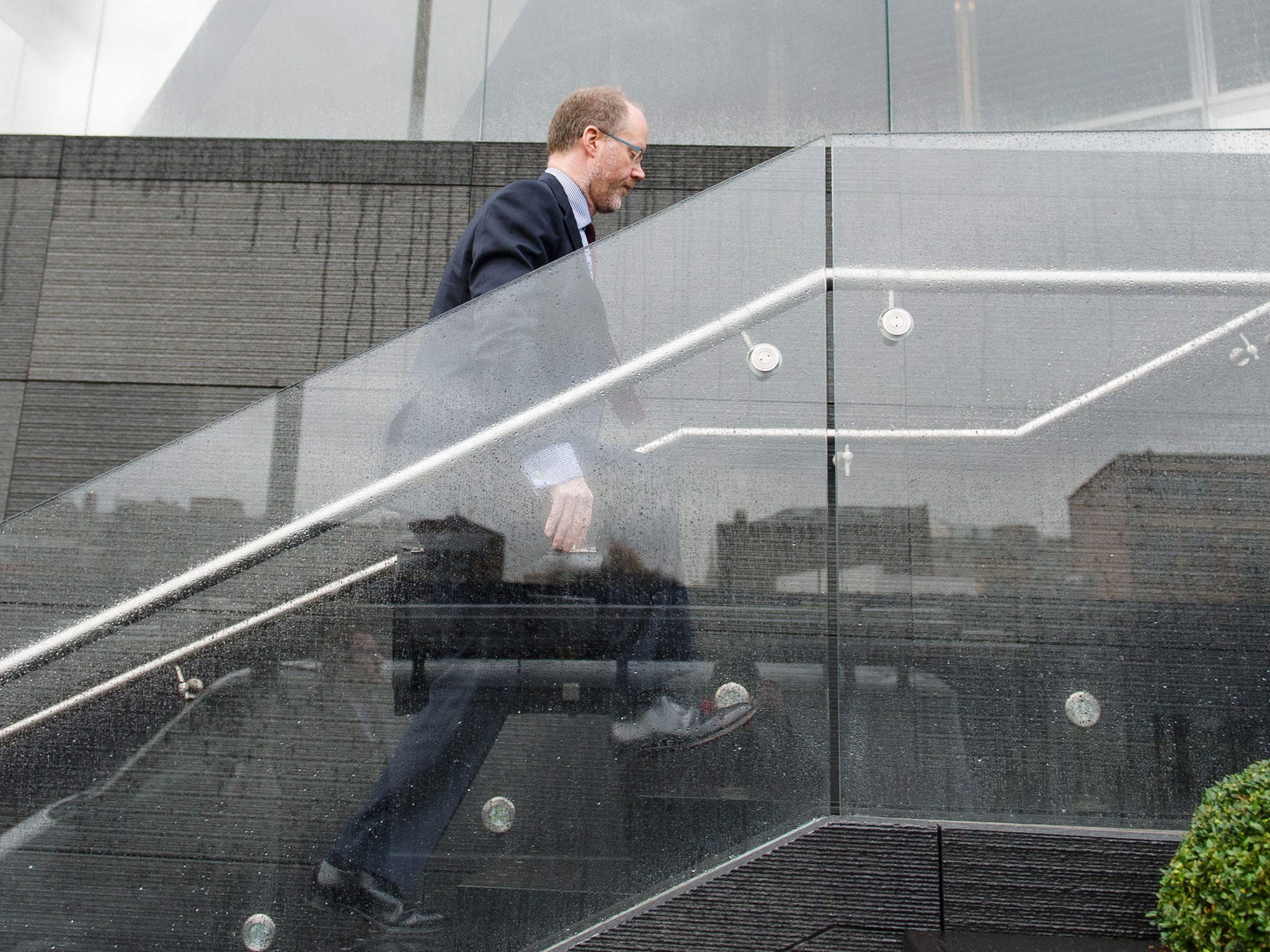John Humphrys' interview with George Entwistle had huge impact. But did it really deserve an award?
What we heard was the rare sound of an interviewee unpractised in dissembling

Your support helps us to tell the story
From reproductive rights to climate change to Big Tech, The Independent is on the ground when the story is developing. Whether it's investigating the financials of Elon Musk's pro-Trump PAC or producing our latest documentary, 'The A Word', which shines a light on the American women fighting for reproductive rights, we know how important it is to parse out the facts from the messaging.
At such a critical moment in US history, we need reporters on the ground. Your donation allows us to keep sending journalists to speak to both sides of the story.
The Independent is trusted by Americans across the entire political spectrum. And unlike many other quality news outlets, we choose not to lock Americans out of our reporting and analysis with paywalls. We believe quality journalism should be available to everyone, paid for by those who can afford it.
Your support makes all the difference.Magnanimity isn’t a tone often associated with John Humphrys, but in his remarks after winning a Sony award on Monday for his interview with George Entwistle, he was fit to burst with it. The award was essentially handed over for ending the former BBC Director-General’s career, and to Humphrys’ great credit, that didn’t sit entirely comfortably with him: “I thought he dealt with that interview with grace and elegance,” he said. “He was in a difficult place but he dealt with the questions, he didn’t duck and dive, he was honest.”
What his comments didn’t make clear was quite how squirmingly uncomfortable that 15-minute segment was. As Entwistle desperately fought to defend himself over a botched Newsnight investigation, Humphrys sliced him up into tiny pieces; his forensic, sorrowful butchery was a masterclass in his art. As the length of the silences grew, and Entwistle was shunted from his prepared line into the disastrous, bald admissions that he did not follow Twitter, had not read the papers, and did not see the programme, it became ever clearer that this would be his last interview as DG. Humphrys had his scalp.
And yet, somehow, the award didn’t feel quite right. You suspected, listening to that acceptance speech, that Humphrys felt the same thing. For, as he noted, at least Entwistle was honest. Those silences were so excruciating for exactly that reason: they denoted the truth.
Maybe that’s the problem. These facts were unvarnished, and unvarnishable: poor old George Entwistle was leaving whether or not the Today programme gave him a kick up the arse on the way out. We’re not used to silence on the radio, but it didn’t come about in this instance because it was the greatest interview of John Humphrys’ career, or even of his year; it came about because Entwistle was not a first-rate dissembler.
Now compare any political interview on any day of the week, on the Today programme or elsewhere. These do not feature silence. They consist, instead, of the soporific drone of the truth being stretched to fill the available space until there is no angle available from which to get a proper look at it. These people are too practiced to be caught out, ever. And so, instead of a high-stakes tennis match, we get two seasoned professionals knocking up. To us, the pace looks ferocious; the problem is, each of the competitors always knows exactly where the other is going to hit it.
None of this is to say that Humphrys is not very good at his job. But it is to suggest that we might consider other criteria for what constitutes a significant interview. Is it one in which the questioner scores the most points against a man who is already defeated? Or is it one that exposes, without hope of contradiction, a difficult political truth that would have otherwise gone unacknowledged? And if it’s the latter, can anyone think of an example, please?
Join our commenting forum
Join thought-provoking conversations, follow other Independent readers and see their replies
Comments